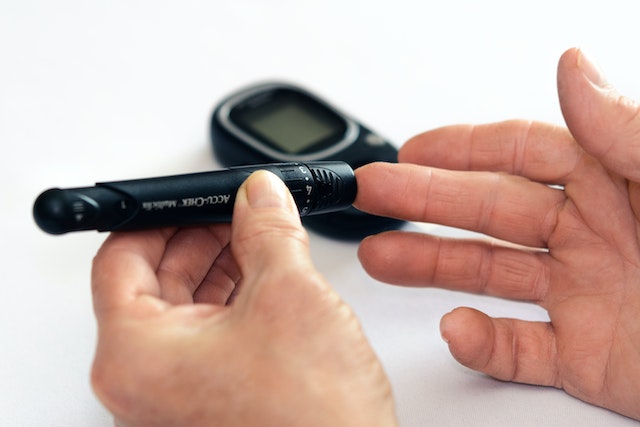Heart attacks and diabetes are two of the most prevalent health concerns worldwide. While they may seem unrelated at first glance, there exists a profound and intricate connection between the two. Understanding the relationship between heart attack and diabetes is crucial for effective prevention and management of these conditions.
The Diabetes-Heart Attack Link: Diabetes, especially type 2 diabetes, significantly increases the risk of heart attack. The underlying mechanism involves various factors, such as high blood sugar levels, insulin resistance, and inflammation. Elevated blood sugar levels damage blood vessels, leading to atherosclerosis—a condition characterized by the buildup of plaque in the arteries. This plaque can rupture, causing a blood clot that blocks blood flow to the heart, resulting in a heart attack.
Shared Risk Factors: Heart attack and diabetes often share common risk factors, creating a dangerous synergy. Obesity, sedentary lifestyle, high blood pressure, and abnormal cholesterol levels are prevalent risk factors for both conditions. Furthermore, diabetes exacerbates these risk factors, intensifying the likelihood of heart attack occurrence. This underscores the importance of comprehensive lifestyle modifications and risk factor management for individuals with diabetes.
Prevention and Management Strategies: Managing diabetes effectively is essential in reducing the risk of heart attack. Lifestyle changes such as regular exercise, adopting a balanced diet, maintaining a healthy weight, and quitting smoking can significantly lower the risk of both diabetes and heart attack. Additionally, individuals with diabetes should closely monitor their blood sugar levels, maintain optimal blood pressure and cholesterol levels, and adhere to prescribed medications to reduce the risk of cardiovascular complications.
Conclusion: The connection between heart attack and diabetes cannot be underestimated. People with diabetes must remain vigilant about their heart health, as the risks are intertwined. By adopting a proactive approach, making lifestyle changes, and effectively managing diabetes, individuals can significantly reduce the likelihood of experiencing a heart attack and enjoy a healthier and more fulfilling life.





